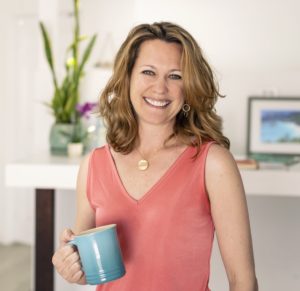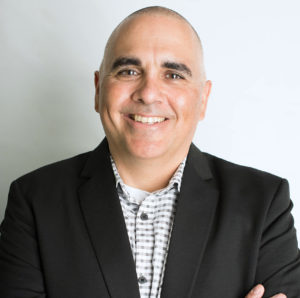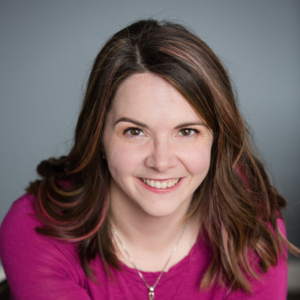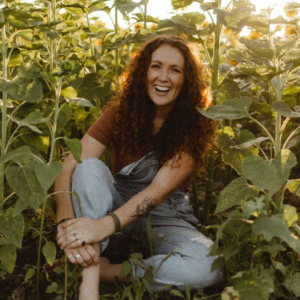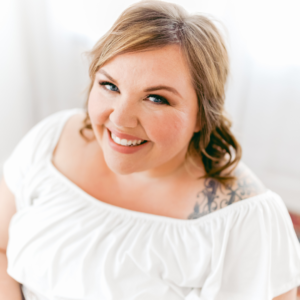I'm so excited to introduce you to this week's guest on Pep Talks for Side Hustlers, Katelyn Hamilton!
Katelyn began her career in marketing and public relations in Nashville, Tennessee. After working in the agency world for six years, she decided to pursue the entrepreneurship route to create more freedom and flexibility in her life. Now, Katelyn works as an Online Business Manager where she helps entrepreneurs organize, strategize and prioritize the backend of their business to go from overwhelmed to out-in-front. A Georgia grad, she bleeds red and black and is a diehard Georgia football fan, dog mom, and outdoor enthusiast.
Push play to listen to this week's episode, or read the full transcript below!


